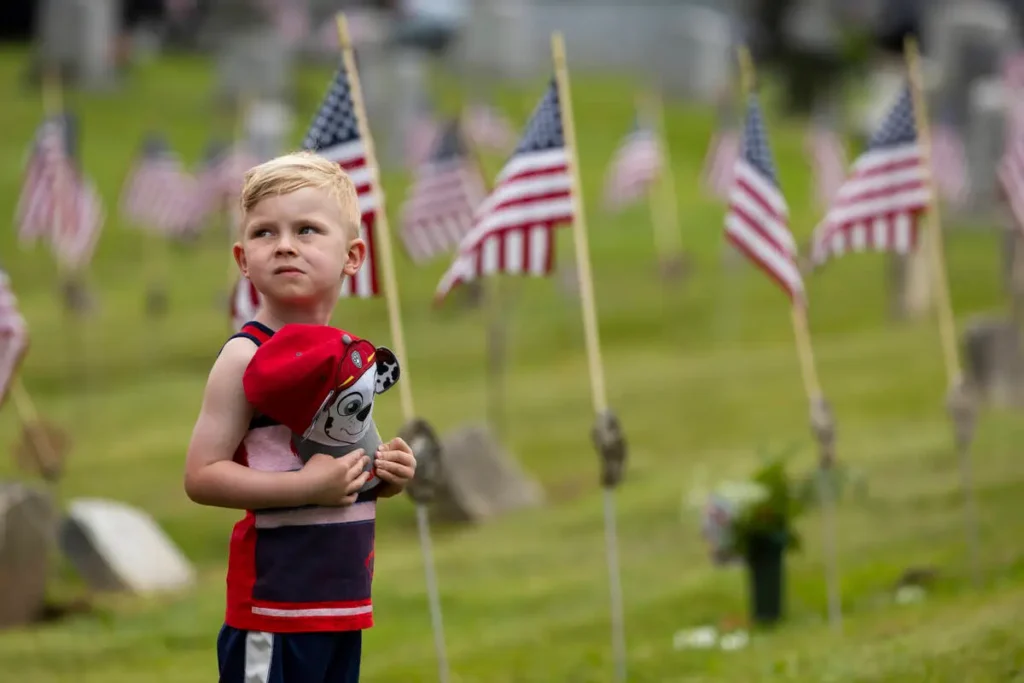In the rhythm of daily life—scrolling through our phones, speaking our minds online, voting in elections, or attending protests—we often forget how extraordinary our freedoms really are. Freedoms of speech, of the press, of belief, of assembly: these are liberties so foundational to democracy that we often take them for granted. But history, both distant and recent, reminds us that these rights are fragile. They must be protected—not just by governments or courts, but by everyday citizens who understand their worth.
Across the world today, millions live under regimes where saying the wrong thing can mean imprisonment, exile, or worse. In some nations, journalists vanish after criticizing the government; in others, a single social media post can lead to arrest. And yet, in freer societies, we complain about “cancel culture,” “media bias,” or election fatigue—valid concerns, yes, but a far cry from true repression.
This comfort, this casualness, is both a blessing and a danger.
The Erosion Begins Subtly
Freedoms rarely disappear all at once. They erode quietly—chipped away by executive overreach, by voter apathy, by public cynicism, by laws passed in the name of safety but used for silencing. A free society is not maintained on autopilot; it demands vigilance. When we normalize government surveillance, when we ignore gerrymandering, or when we brush off attacks on journalists, we signal that our freedoms are optional—not essential.
Democracy Without Participation is Just an Idea
Voting isn’t just a right; it’s an act of protection. Participating in civic discourse, supporting a free and diverse press, and even having difficult conversations with those we disagree with—these are all ways we keep democracy alive. When we disengage, we weaken the very systems that protect us.
The Role of Memory
The best defense of freedom is remembering what it costs to lose it. Stories from dissidents, war veterans, refugees, and freedom fighters should not just be taught in history classes—they should be part of our collective conscience. Understanding how hard-won our liberties are can reawaken a sense of duty to preserve them.
The Call to Action
If you believe in free expression, use yours wisely and generously. Support independent journalism. Question power, but with facts. Protect the rights of others, even when you don’t personally benefit. Defend unpopular opinions, not because you agree with them, but because freedom requires the space for disagreement.
Casual freedoms are freedoms at risk. We must stop treating liberty like a permanent fixture and start treating it like the living, breathing system it is—one that depends entirely on the care, attention, and courage of those it protects.

